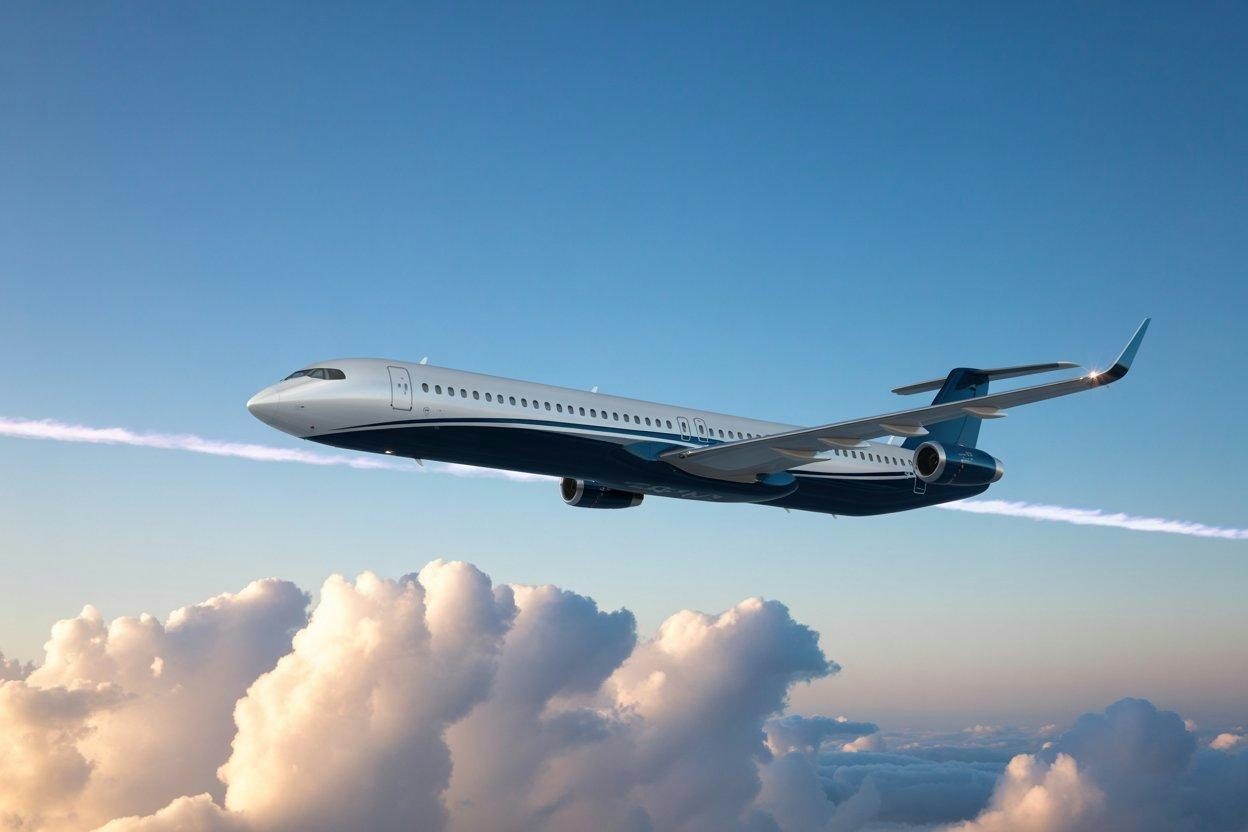AeroGenie — 您的智能副驾驶。
热门趋势
Categories
How AI Is Changing Airfare Pricing and Travel Decisions

How AI Is Changing Airfare Pricing and Travel Decisions
Artificial Intelligence (AI) is fundamentally transforming the airline industry, altering both the mechanisms behind airfare pricing and the way travelers approach booking decisions. Airlines now employ advanced AI systems that analyze a wide array of real-time data—including seasonal trends, local events, global economic conditions, and weather patterns—to implement dynamic pricing models that can shift within hours. This technological evolution is reshaping the traditional landscape of air travel costs and consumer behavior.
The Mechanics of AI-Driven Airfare
At the core of this transformation are AI algorithms capable of processing vast quantities of historical and current data to forecast fluctuations in demand. By predicting when passenger interest will rise or fall, airlines can adjust prices dynamically throughout the day. This approach enables carriers to optimize revenue streams while simultaneously offering targeted deals to specific consumer segments. The result is a pricing system that is far more responsive and nuanced than the static fare structures of the past.
Benefits and Opportunities for Travelers
For consumers, AI-powered airfare tools present both challenges and opportunities. Many online booking platforms now incorporate predictive models that notify travelers when fares are expected to reach their lowest points, allowing for more strategic timing of purchases. This capability can translate into significant savings, sometimes amounting to hundreds of dollars. By leveraging these insights, travelers gain the ability to make more informed decisions, reducing the risk of overpaying and enhancing overall travel planning.
Challenges: Complexity, Privacy, and Perception
Despite these advantages, the integration of AI into airfare pricing has sparked controversy. The rapid and frequent price fluctuations can overwhelm consumers, complicating the booking process. Moreover, AI-driven pricing often results in price discrimination, where different customers pay varying amounts for the same flight based on their booking behavior and timing. Airlines such as Delta have introduced personalized airfares powered by AI, prompting concerns over data privacy and accusations of predatory pricing practices. These developments have led to consumer backlash, with some fearing that AI algorithms may unfairly target specific groups or individuals.
Industry and Market Reactions
The response from the market has been mixed. While some travelers express frustration over the opacity of AI-driven pricing, others recognize the potential for savings if they understand the underlying technology. Airlines are adopting diverse strategies to address these concerns. For instance, American Airlines has publicly committed to responsible AI use in pricing, seeking to balance innovation with fairness. Meanwhile, companies outside the airline sector, such as Hilton, are embracing technology differently by investing in amenities like electric vehicle charging stations to attract environmentally conscious travelers.
A Global Perspective
On a global scale, the travel industry is witnessing a notable shift, with leisure travel surpassing business travel, particularly in emerging markets such as India and China. This trend is influencing how airlines deploy AI, as they tailor pricing strategies to capture the expanding demand from these regions. The growing prominence of leisure travelers is prompting carriers to refine their algorithms to better align with evolving market dynamics.
Looking Ahead: Navigating the AI Era
As AI technology continues to advance, airlines are expected to further enhance their pricing models, potentially incorporating sustainability factors into their algorithms. For travelers, adaptability and a clear understanding of AI’s role in airfare pricing will be essential. By comprehending how these systems operate, consumers can better navigate complex pricing structures, optimize savings, and reduce frustration in an increasingly dynamic marketplace.
Embracing the Future
Although AI-driven pricing introduces complexity, staying informed about these technological developments empowers travelers to make smarter, more strategic decisions. A deeper awareness of AI’s influence on airfare can help consumers confidently engage with the evolving travel industry and capitalize on the opportunities presented by this new era of dynamic pricing.

Emirates Unveils Cabin Design for New Boeing 777X

Eighteen Years On, the Airbus A380 Remains Central to a $34 Billion Airline

How a boom in luxury airline seats is slowing down jet deliveries

Navitaire Outage Attributed to Planned Maintenance

DigiYatra Debuts Outside Aviation at India AI Impact Summit

Vietnam Orders Strengthen Boeing’s Commercial Outlook

Airbus Signals Uncertainty Over Future A400M Orders

JobsOhio Awards $2 Million Grant to Hartzell Propeller for Innovation Center

Collins Aerospace Tests Sidekick Autonomy Software on YFQ-42A for U.S. Air Force CCA Program

How the Airbus A350-1000 Compares to the Boeing 777
